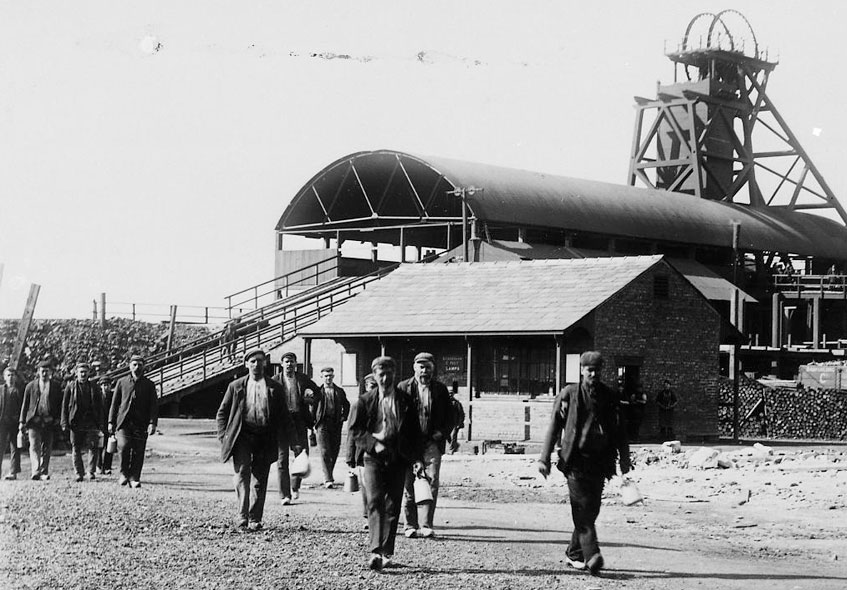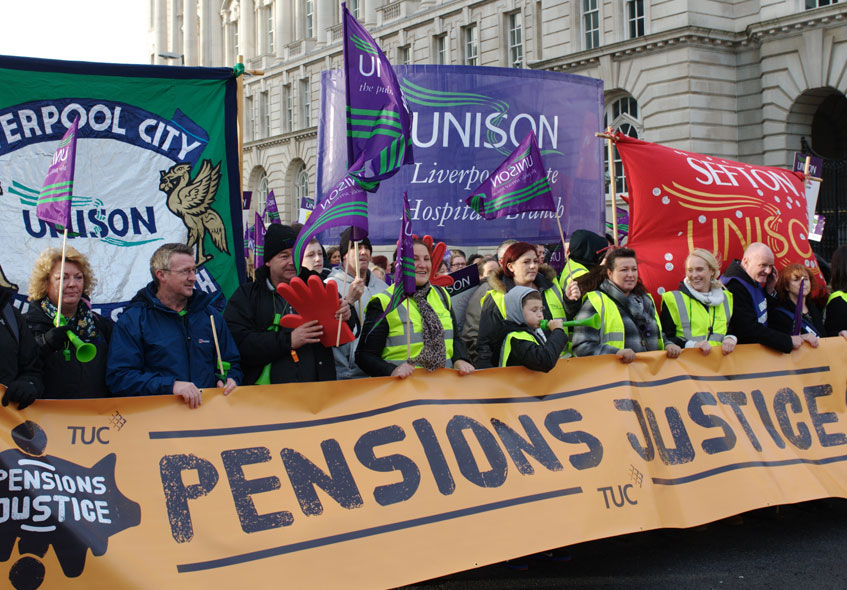![[Chart]](fallback.png)

Working days lost in the year
1898
Welsh coal strike

People involved: Colliers of South Wales
Result: Sliding wage scale remained
Dispute involved the colliers of South Wales. It was caused by the introduction of a sliding wage scale for workers. The strike was unsuccessful as the sliding scale stayed in place, although the miners were given a 5% advance. Subsequently, the South Wales Miners’ Federation ('The Fed') was formed.

Working days lost in the year
1912
National coal strike

People involved: Coal miners
Result: Minimum wage secured
Dispute involved nearly one million miners. It was the first national strike by miners and they aimed to secure a minimum wage. After 37 days, the government intervened and ended the strike by passing the Coal Mines (Minimum Wage) Act 1912.

Working days lost in the year
1919
Battle of George Square

People involved: Shipbuilding and engineering workers
Result: 47-hour work week guaranteed
Dispute involved workers in shipbuilding and engineering, who went on strike over shorter weekly working hours. The strike was a catalyst for one of the most intense riots in the history of Glasgow, with armed troops deployed on the streets. Eventually the workers returned to work with a guaranteed 47-hour week.

Working days lost in the year
1921
Black Friday

People involved: Coal miners
Result: Temporary wage subsidy given
On April 15, the transport and rail unions decided not to strike in support of their Triple Alliance partners, the coal miners, who were protesting about pay cuts and longer working hours. The day is known as Black Friday. Eventually the government granted a temporary subsidy to avoid wage reductions.

Working days lost in the year
1926
General Strike

People involved: Transport and heavy industry workers
Result: Low pay and poor condition remained
More than 1.5 million workers went on strike in support of coal miners, whose bosses wanted to reduce wages and conditions. In solidarity, people from other industries stayed off work. The Trades Union Congress called off the strike nine days later. In 1927 the Trades Disputes Act banned sympathy strikes.

Working days lost in the year
1972
UK miners’ strike

People involved: Coal miners
Result: Pay offer confirmed
Miners went on official strike for the first time since 1926 after wage negotiations between the National Union of Mineworkers and the National Coal Board collapsed. A state of emergency was declared and a three-day week introduced to save electricity. The same happened in 1974, contributing to the fall of Edward Heath’s Conservative government.

Working days lost in the year
1979
Winter of discontent

People involved: Public sector workers
Result: Trade union restriction agreed
There were widespread public sector strikes, with unions demanding larger pay rises following government attempts to cap pay in a bid to tackle inflation. The strikes lead to a landslide victory for Margaret Thatcher’s Conservative Party, who promised and delivered legislation to restrict trades union powers.

Working days lost in the year
1984
Battle of Orgreave

People involved: Coal miners
Result: Pit closures continued
At its peak, 142,000 miners went on strike over pit closures and pay. In June 1984, picketing miners tried to prevent lorries carrying coke from leaving a coking plant at Orgreave, near Rotherham. There followed a violent clash with police - dubbed the Battle of Orgreave. Hundreds of pits closed after the strike.

Working days lost in the year
2011
Public sector strikes

People involved: Public sector workers
Result: Negotiations continued
Hundreds of thousands public sector workers were involved in a series of disputes over pensions. More than a million people were involved in industrial action, which was also amid concern over pay and a fall in living standards. It caused the closure of schools and the postponement of hospital operations.